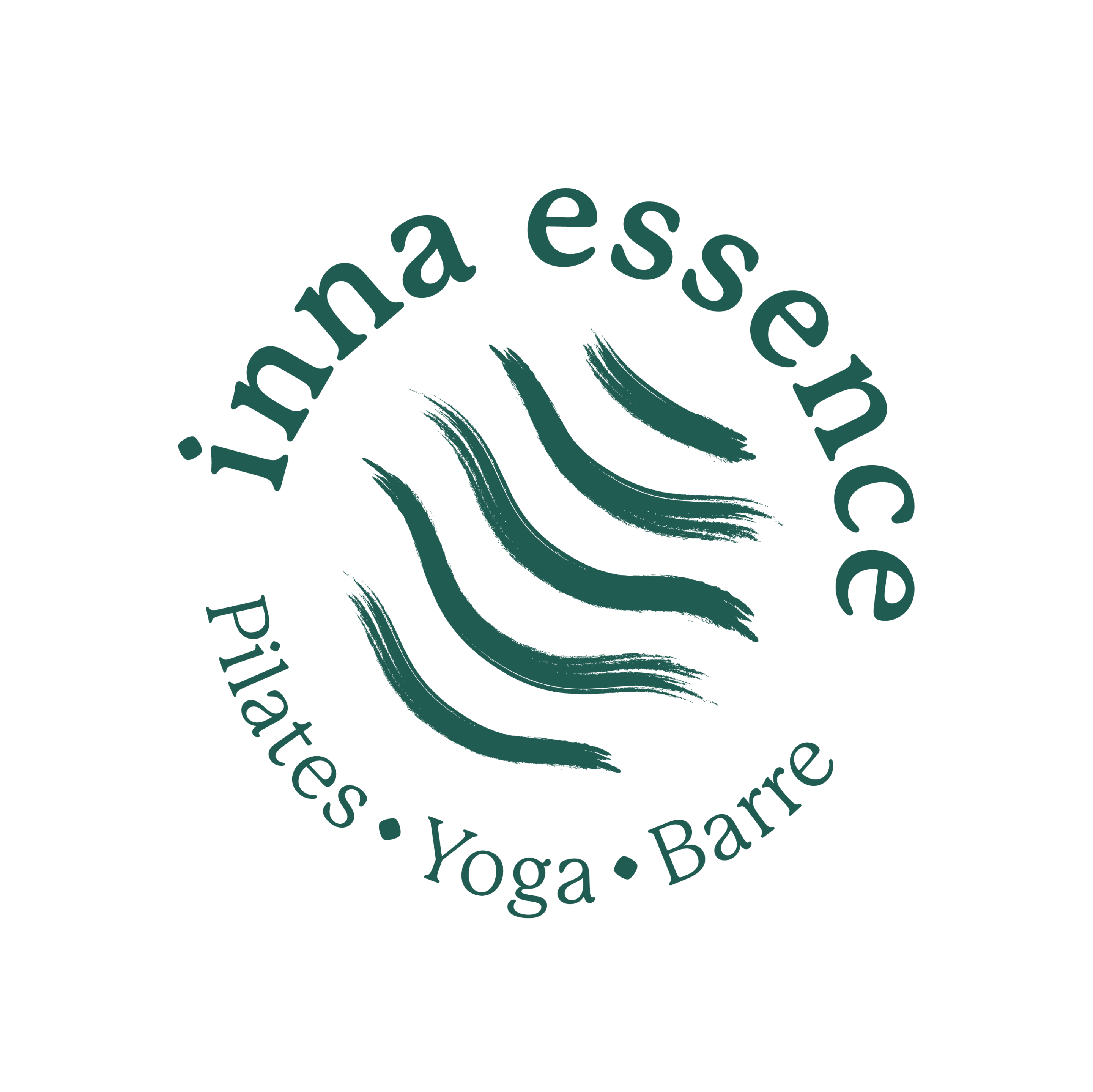So many people I speak with are struggling with a sleep disorder which impacts their day to day functioning. Insomnia affects up to 30% of the population and is defined as a chronic or acute sleep disorder characterized by a complaint of difficulty initiating, and/or maintaining sleep, as well as a subjective complaint of poor sleep quality that results in daytime impairment.
Anyone who has had bouts of insomnia (or young babies in the house) knows that lack of sleep has a huge effect on mood as well as physical impairment, resulting in mental and physical exhaustion, and lowered cognitive function. Pharmaceutical medications might get you to sleep, but they come with a range of side-effects including grogginess, potential for overdose, tolerance, and addiction.
Insomnia can occur alongside other conditions such as anxiety, depression, pain disorders, renal disease, cancer or cardiovascular disease. However there are usually imbalances involved with neurotransmitters or hormones (or both). GABA is an important neurotransmitter involved in sleep and is the primary inhibitory neurotransmitter in the central nervous system. Deficiency in GABA can also coincide with muscle tension, inability to relax, panic attack and the feeling of being overwhelmed.
Serotonin and melatonin also influence our sleep. Melatonin is the body’s natural hormone produced by the pineal gland that brings on sleep, which kicks in after dark, and rises sharply from 9pm. If there is an imbalance or deficiency in serotonin and melatonin, difficulty getting to sleep can be common, as well as depression, anxiety, obsessive thoughts and perhaps early waking. Blue light, such as the back light in computers, televisions and smart phones can affect the pineal gland, reducing melatonin production and interfering with our sleep. Therefore it is recommended to turn off the electronic devices at least an hour before bedtime.
Chronic and excessive stress also interferes with melatonin production, as high cortisol from ongoing stress is inversely related to melatonin. An alert, agitated, nocturnal awakening that may even have a startled or shocked quality is due to high cortisol. Cortisol can stay high in the system, even long after the precipitating event has resolved. Chronically elevated cortisol also suppresses serotonin and depletes GABA.
Cortisol is meant to be at its lowest level, with melatonin at its highest at midnight, then slowly rising to its highest at 8am. However, late nights, shift work or chronic and ongoing stress can mess with our normal cortisol/melatonin rhythm, and lead to chronic high levels of cortisol in our system. As discussed in the previous blog, prolonged high cortisol levels may result in sustained elevations of blood sugar, depression of the immune system, high blood pressure, loss of muscle mass, increased fat accumulation, and even loss of cognitive function.
How naturopathic medicine can help
Herbal medicine offers a wide range of support for insomnia, ranging from mild sedatives, anti-depressants, anxiety-reduction, neuromodulators, adrenal support and adaptogens, which are a unique action specific to herbal medicine that increases the ability of the body to adapt to physical, environmental, emotional or biological stressors, reducing fatigue, supporting cognitive function and overall physical health. An individual herbal formula can be tailor-made to your requirements, and may also include support for the digestive, immune and nervous systems, depending on your current symptoms. Herbs can be prescribed in tablet or liquid, and have the potential to boost your system and have you feeling better in no time.
A nutritious, balanced diet is important to stabilize blood sugar levels, with a minimum of 3 meals per day with 25 grams of protein in each meal. Ensure an adequate healthy fat intake inclusive of essential fatty acids, as well as minimize or eliminate sugar and refined carbohydrates.
You may have a deficiency in certain nutrients required to manufacture neurotransmitters or to manage stress levels. Ongoing stress depletes essential vitamins and minerals such as amino acids, Vitamin C, B vitamins and magnesium, which contributes to anxiety and nervous tension, insomnia, lowered immune function and fatigue.
Testing is also available to establish cortisol patterns and an individual treatment plan can be put together to address the adrenals, neurotransmitters and other systems as required.
Written by Cathy Vanzanden, Naturopath
Some suggestions to help you regulate your sleep pattern and address insomnia
- Only go to bed when you are sleepy
- Only go to bed for sleep (as well as sex)
- Get up at the same time each morning
- Avoid naps during the day
- Avoid caffeine, alcohol, sugar and smoking in the evening
- Avoid using electronic devices in the bedroom – no phones, tablets, TV, computer etc.
- Block outside light and noise in the bedroom
- Allow at least an hour away from electronic devices before bed
- If your mind is busy, have a pen and paper handy – write it down. It will be there in the morning. Allow yourself to release it…
- If you feel that you need to snack after dinner, have a sleepy tea instead. Your body won’t allow deep sleep if it’s too busy digesting food.
- Think about your bed clothing. Is it clean and comfortable? Do you have the right bed clothing for the weather? Too hot or too cold will wake you through the night.
- Incorporate exercise into every day, even incidental exercise adds up. Take the stairs, walk to the bus, or go for a walk in your lunch break.
- Explore relaxation techniques such as yoga, meditation, tai chi, breathing practice, walking in nature, swim at the beach, or something that allows you to connect with yourself and relax for a moment.
- Keep a sleep log for 14 days – write down time you go to bed, when you wake up, how you feel when you wake up. Include drinks and snacks after 7pm in your log.
- Eat well – Choose healthy, nutritious meals and eat regularly throughout the day.
- Drink at least 2 litres of water every day in between meals.
Thank you Cathy Vanzanden, Naturopath for providing this article. Cathy can be contacted for private appointments on 0468 664 244 or email info@authenticwisdom.com.au


